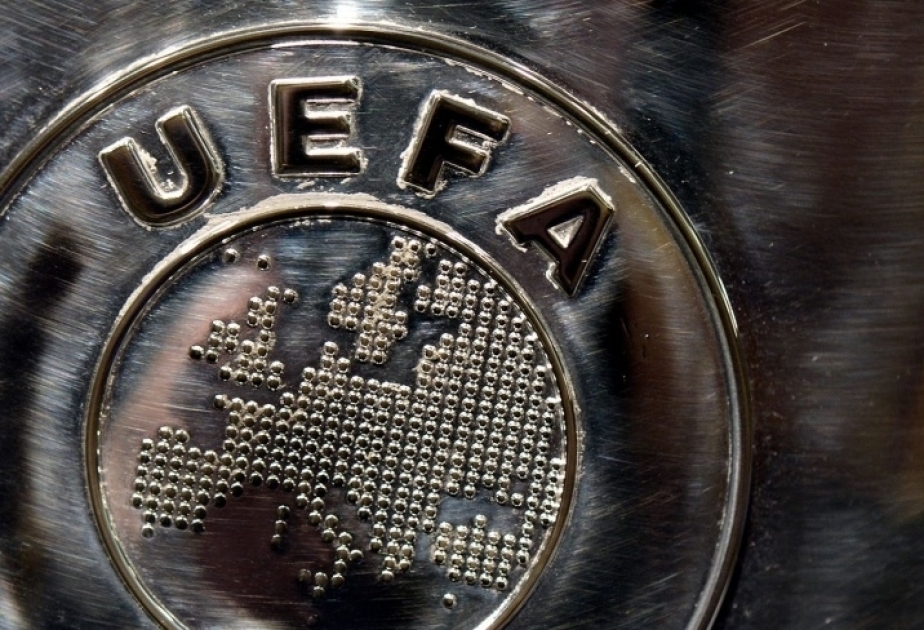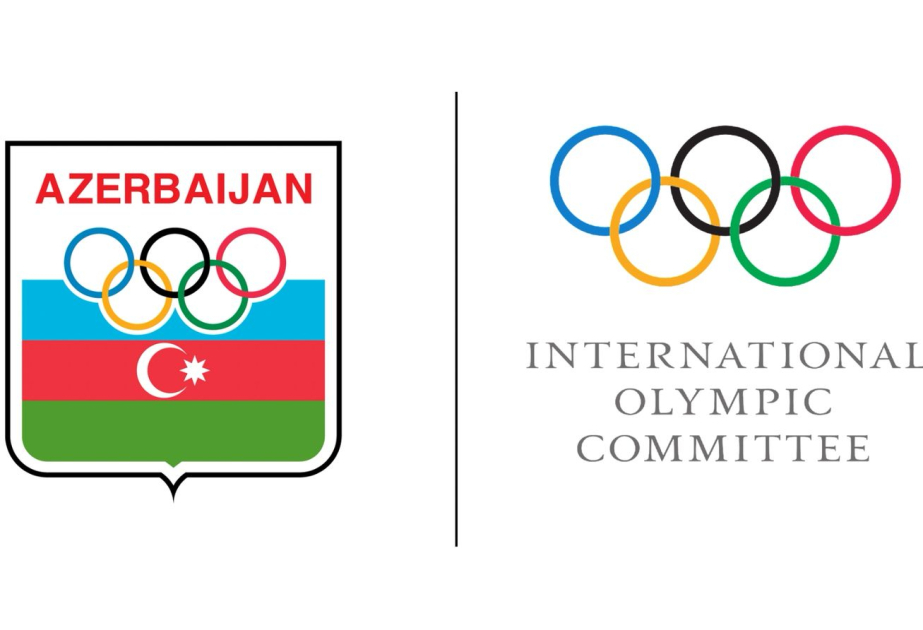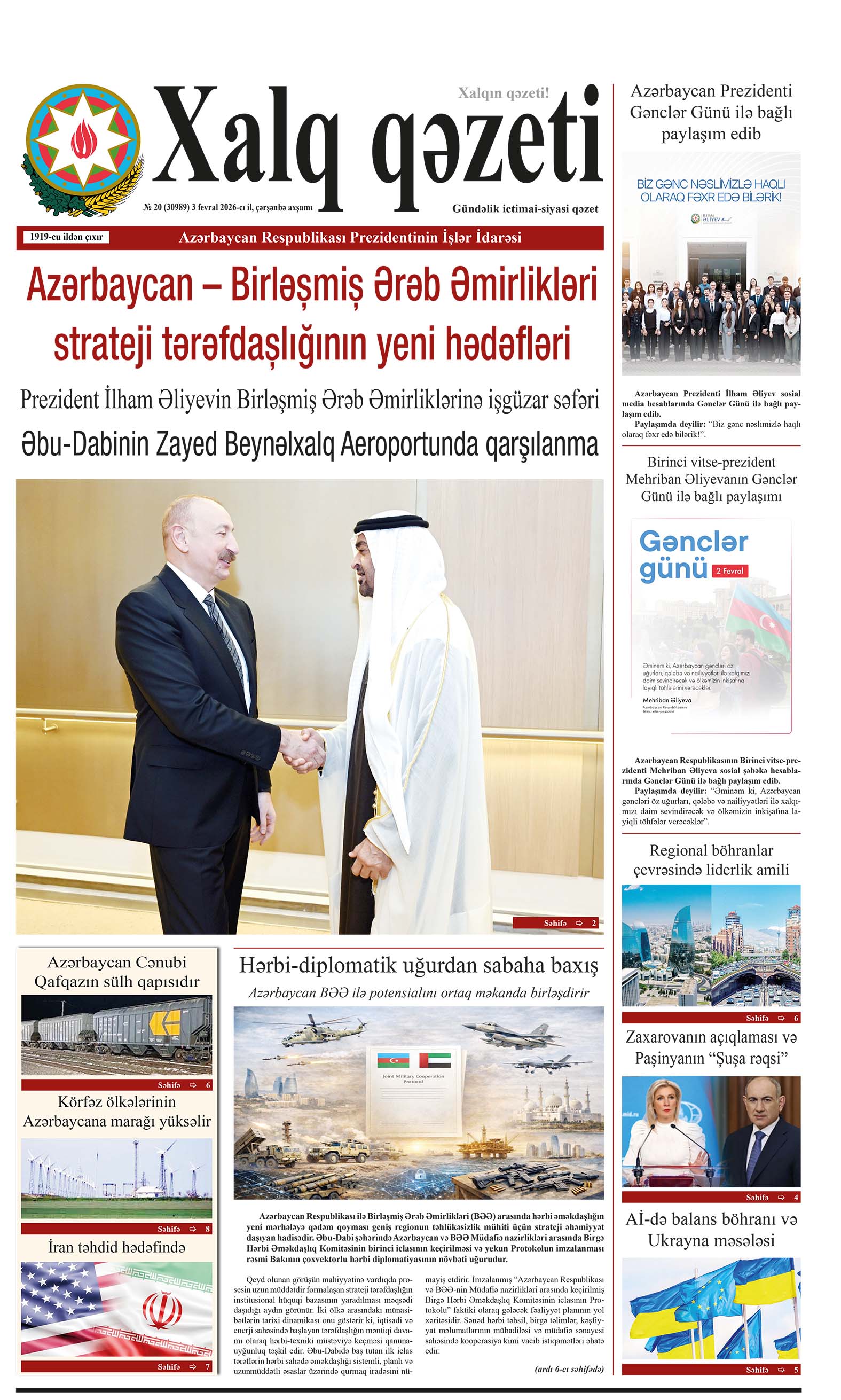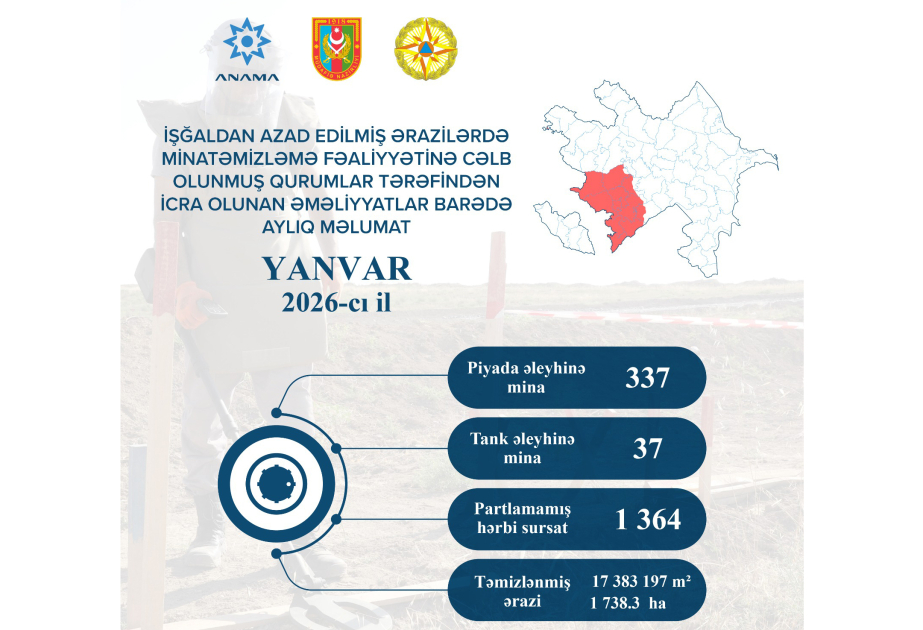UEFA has reportedly demanded the European Court of Justice amends its press statement on the European Super League decision as some within the organisation believe the 'inaccurate' release was drafted to make the ruling appear more riveting, according to Daily Mail.
Last week, the court dealt a blow to FIFA and UEFA by declaring that their rules on prior approval of interclub competitions - such as the Super League - were 'contrary to EU law'.
The decision led the league's backers, such as Barcelona and Real Madrid, to claim victory in the legal challenge they had launched following the collapse of the first iteration of the project in April 2021.
But according to The Times, UEFA maintain that the decision did not validate the Super League. Its lawyers have written to the ECJ demanding that the release be changed, claiming it 'contradicts the judgment'.
The outlet also report that senior figures believe the statement was enhanced to gain more attention.
The letter, which has been seen by The Times, calls on the ECJ to 'at least faithfully reflect the actual content of the judgment'.
'While we appreciate that press releases do not bind the court, they are the focal point for media attention in high-profile cases with an inevitable impact, among others on the perception and reputation of UEFA, given the extreme seriousness of the accusation of abuse of dominance.' It adds.
'They also remain on the court's website for the long term. Furthermore, in a high-profile case such as this one they attract a good deal of attention (as is indeed their purpose) and influence the way in which the case is perceived.
'We ask you, accordingly, please to ensure that the press release is amended so as to reflect accurately the judgment of the court.'
UEFA also pushed back on the statement that 'FIFA and UEFA are abusing a dominant position', claiming that 'there is no such finding of infringement in the judgment itself'.
It adds: 'The fact that the headline is presented as a final and conclusive finding goes against established and consistent case law of the Court of Justice and the Court of Justice’s role in the preliminary reference procedure. The Court of Justice does not and cannot decide the case referred to it.'


















